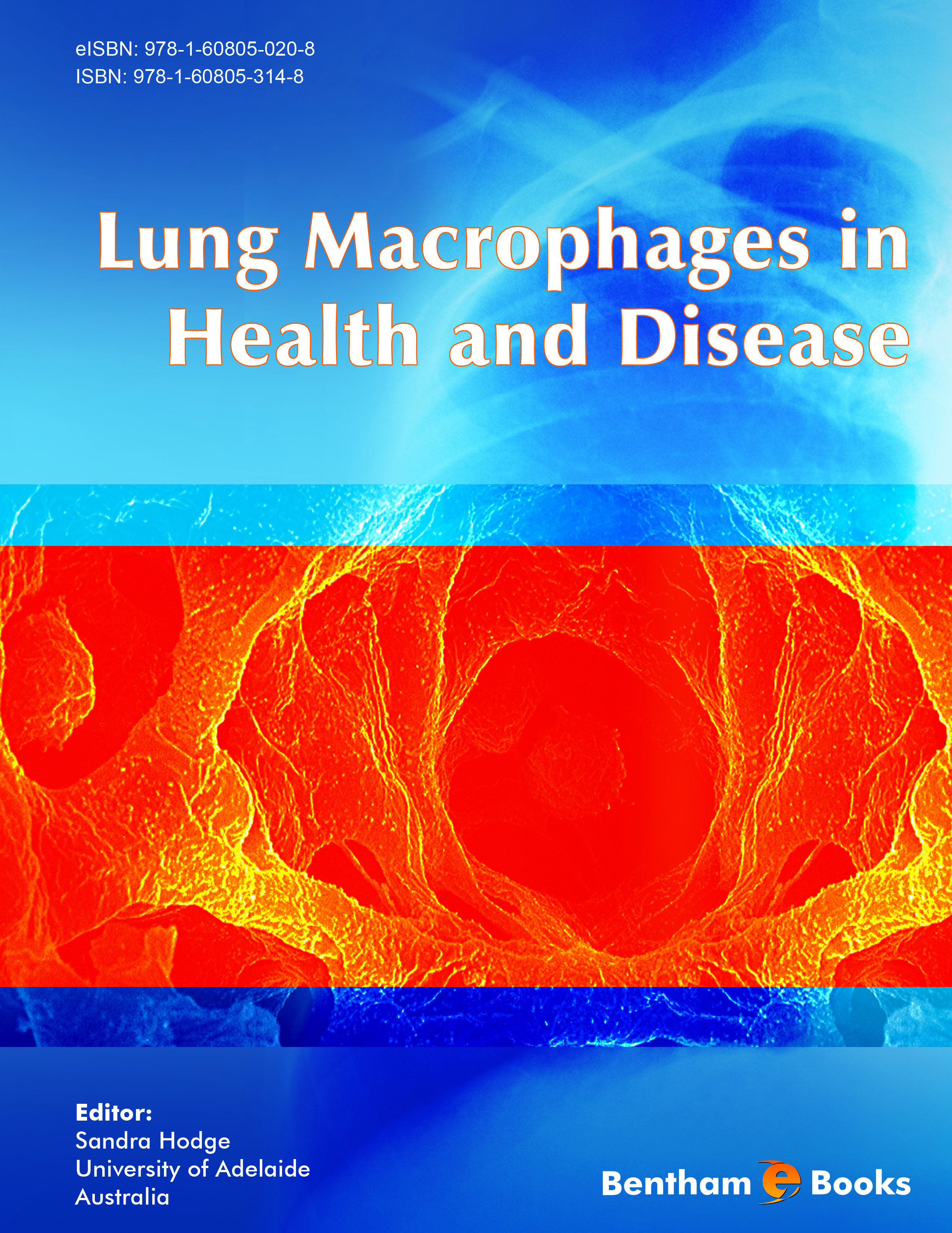Introduction
This Ebook is edited by Sandra Hodge, a recognized expert in the field of macrophage dysfunction in chronic lung disease. The book consists of 8 chapters which provide a full coverage of macrophage function in both healthy and chronically diseased lungs, starting with the regulation of macrophage homoestasis to altered macrophage recognition and clearance of pathogens and apoptotic cells in the lung before moving on to macrophage targeted treatment options for chronic lung diseases. The important problem of oxidative and carbonyl stress in the lung and its impact on macrophage function is discussed. Additional chapters deal with the role of disordered macrophage function in cancer progression and the role of chronic alcohol ingestion of macrophage function. Importantly, the book integrates both respiratory cell biology and clinical medicine. The concept of failed macrophage function with regard to chronic lung disease has recently been the topic of intensive research. Key advances in our knowledge of the cellular and molecular mechanisms involved in defective macrophage function have paved the way for the development of novel diagnostic and therapeutic strategies for diseases such as chronic obstructive pulmonary disease and asthma. For this reason the book can be recommended without reservation to a wide spectrum of readers including students, respiratory cell biologists and respiratory clinicians.

